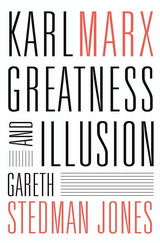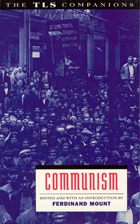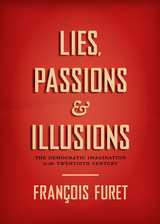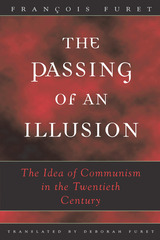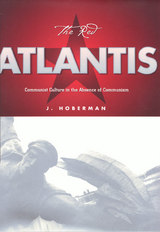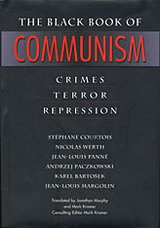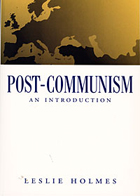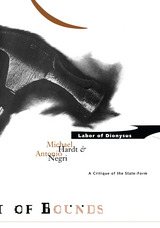The Red Atlantis
Temple University Press, 2000
Cloth: 978-1-56639-643-1 | Paper: 978-1-56639-767-4
Library of Congress Classification HX40H5673 1998
Dewey Decimal Classification 335.43097
Cloth: 978-1-56639-643-1 | Paper: 978-1-56639-767-4
Library of Congress Classification HX40H5673 1998
Dewey Decimal Classification 335.43097
ABOUT THIS BOOK | AUTHOR BIOGRAPHY | REVIEWS | TOC | REQUEST ACCESSIBLE FILE
ABOUT THIS BOOK
For most of the twentieth century, American and European intellectual life was defined by its fascination with a particular utopian vision. Both the artistic and political vanguards were spellbound by the Communist promise of a new human era -- so much so that its political terrors were rationalized as a form of applied evolution and its collapse hailed as the end of history.
The Red Atlantis argues that Communism produced a complex culture with a dialectical relation to both modernism and itself. Offering examples ranging from the Stalinist show trial to Franz Kafka's posthumous career as a dissident writer and the work of filmmakers, painters, and writers, which can be understood only as criticism of existing socialism made from within, The Red Atlantis suggests that Communism was an aesthetic project -- perhaps the aesthetic project of the twentieth century.
Considering the meaning of Communist culture in its absence, these essays sift through the wrecking age of Marxist fantasy to exhibit exhumed fossils (Socialist Realist canvases), vanished monuments (the Berlin Wall), imaginary territories (the Jewish state, Birobidzhan), and ideological memories (the Crime of the Century). The Cold War notwithstanding, the greatest of these exotic artifacts and obsolete scenarios is the lost Communist utopia, which, in fact, never existed.
The Red Atlantis argues that Communism produced a complex culture with a dialectical relation to both modernism and itself. Offering examples ranging from the Stalinist show trial to Franz Kafka's posthumous career as a dissident writer and the work of filmmakers, painters, and writers, which can be understood only as criticism of existing socialism made from within, The Red Atlantis suggests that Communism was an aesthetic project -- perhaps the aesthetic project of the twentieth century.
Considering the meaning of Communist culture in its absence, these essays sift through the wrecking age of Marxist fantasy to exhibit exhumed fossils (Socialist Realist canvases), vanished monuments (the Berlin Wall), imaginary territories (the Jewish state, Birobidzhan), and ideological memories (the Crime of the Century). The Cold War notwithstanding, the greatest of these exotic artifacts and obsolete scenarios is the lost Communist utopia, which, in fact, never existed.
See other books on: 20th century | Communism | Communist aesthetics | History | Hoberman, J.
See other titles from Temple University Press




